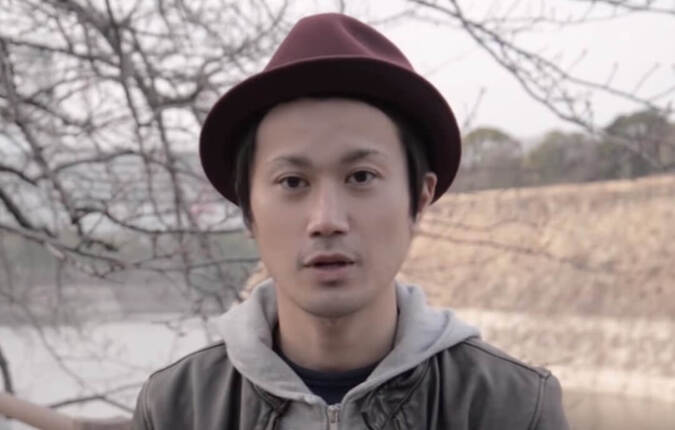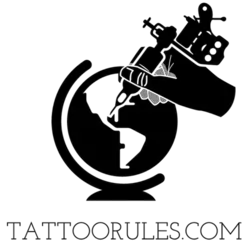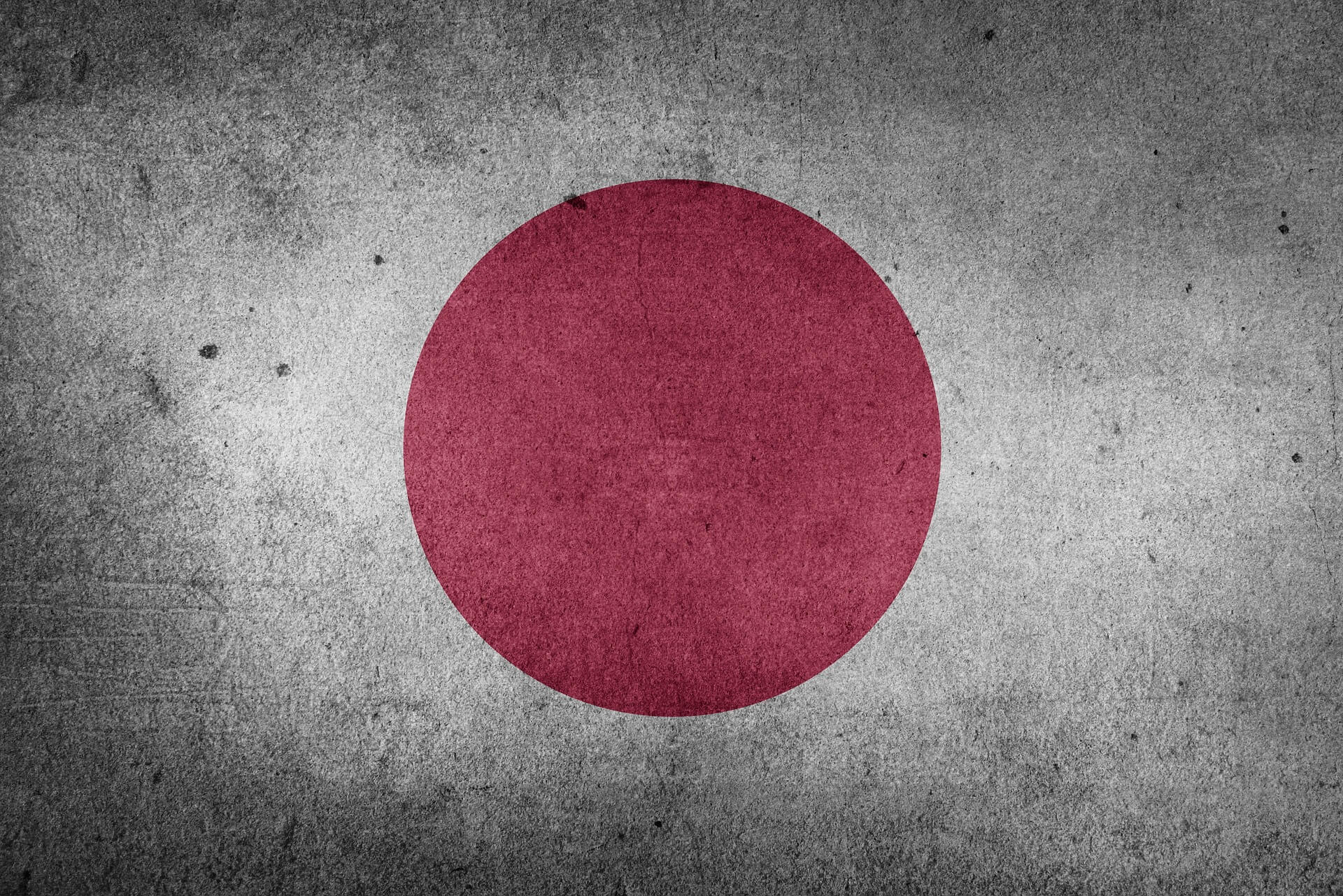Japan is easily one of the most spectacular countries to visit in Asia. It’s known for its stunning natural beauty, its rich culture and history, and its friendly people.
There is so much to see and do in Japan, from the bustling city of Tokyo to the tranquil mountain villages. And no matter where you go, you’ll find delicious food and drink waiting for you.
The country is also home to some of the most talented tattoo artists who create stunning works of body art of one-of-a-kind style.
Unfortunately for tattoo enthusiasts, Japan has a history of discriminating against inked people, as well as one of the strictest regulations on the tattoo industry globally. The ongoing battle of whether tattoos should be legal or not in Japan has been going on for literally centuries.
If you’re a person covered with tattoos or plan to get inked in the Land of the Rising Sun, it’s important to know a little bit about the country’s tattoo laws and regulations before you embark on the journey. Hence, stick with us for a few minutes.
In today’s article, we will cover in great detail the subject of Japanese tattoo laws – to make sure that you avoid unpleasant surprises while there.
Japan Tattoo Laws – What You Need to Know
Like most countries, Japan has some regulations both for the clients and the artists. Compared to other places in the world, these are easily one of if not the strictest.
So, are tattoos legal in Japan?
Yes, but not for everyone.
Tattoo Laws for Clients
Up until recently, Japan was the country with the highest age requirement for tattoos in the world – 20 years old. This meant that lots of Japanese people and tourists had to wait until they turned 20 in order to get a tattoo in Japan, forcing them to do so illegally or travel abroad.
Since April 2022, however, the age of adulthood in Japan has been lowered to 18 years old. This makes the process of getting a tattoo in Japan a lot easier for both locals and tourists.
What’s worth noting, Japan prohibits minors (under the age of 18) to get tattooed even if they can provide a written parental/legal guardian consent. This is in great contrast to the vast majority of states in the United States, as well as most countries in the world.
Interestingly enough, not all clients are universally welcome in the tattoo parlors across Japan. For example, it’s not unusual for some tattoo artists to refuse to tattoo a high school student.
Tattoo Laws for Artists
And this is where the “fun” part starts.
That’s because the Japanese tattoo laws for artists have been swinging like the weather over the past several years – with no clear direction or stability in sight.
In the latter part of the article, we will discuss in detail the reasons for chopping and changing the Japanese tattoo laws for artists, tracing back to the 17th century.
As of right now, however, here’s what you need to know as an artist.
The first thing you should know about tattooing in Japan is that it’s illegal without a proper tattoo license. What’s more, the tattooing procedure needs to take place in a licensed shop and not in a private studio or home, as this would be considered breaking the law.
The session needs to be conducted with the use of a disposable needle, and all materials (including ink) need to be sterilized.
As for the artist’s rights, he is allowed to have his own preferred profile of the client, as well as tattooing style and the body parts he wants to tattoo. Hence, it’s not impossible to get refused a session on these grounds. Naturally, Japanese tattoo artists in Japan can also knock back a person that is rude or under the influence of alcohol or drugs.
Japanese Tattoo Law: a Look at the Troubled History
Japan has a long history of prejudice against people with tattoos, as well as those performing the art.
Edo period
This can be traced back to the country’s Edo period (1603 – 1868) when tattoos were associated with the criminal classes. Criminals had tattoos written on their bodies which indicated the crime they committed against others. The trend spread across the whole country which prompted the Japanese government to start using tattoos as a way of punishing and identifying criminals.
Apart from criminals, tattoos were also a popular thing among sex workers in the Edo period. They often got the inking work done in order to show romantic devotion to their regular customers and patrons. These were a specific type of tattoo known as irezumiko (入墨子). They usually started with the client’s name and ended with inochi (命) which meant life. “I commit my life to (customer’s name)”, the tattoo said in its entirety.
Meiji period
Because of the negative connotation and Japan’s attempt at Westernization, the decision came in 1872 to completely ban people from tattooing and getting tattooed in the country. During the Meiji period (1868 – 1912), the government’s ruled that they were uncivilized and old-fashioned (look at us now, huh).
Funnily enough, there are reports that even though the ban was in place, prominent figures from across the globe, such as prince George and Prince Albert of England, got their ink done in the Land of the Rising Sun.
The Ban Lift – or Not Really?
The Meiji period ban was finally lifted after the WWII American occupation. People could tattoo and get tattooed again – without having to worry about breaking the law.
Despite that, the negative connection with tattoos in Japan remained in place. Up until the 2000s when tattoos started to become more mainstream in society, getting a tattoo often resulted in discrimination from potential employers and judgment from others since most inked people were members of the Yakuza, a Japanese organized crime syndicate that has been terrorizing the country for centuries.
Tattoos were used by Yakuza organized crime in Japan as a method of entrance; the wearer became detached from regular society by getting a large-scale ink work. There was no way of turning back.
Now, in the present day, more and more people are getting tattoos done – both Japanese and foreigners. The designs range from traditional Japanese motifs to Western designs, and the stigma around tattoos was slowly but surely dissipating.
Or at least it seemed so, until 2001.
That year, the Japanese Ministry of Health, Labor, and Welfare managed to come up with the most outrageous of regulations which were an attempt at destroying the Japanese tattoo culture yet again.
The new regulation ruled that tattooing was a medical procedure rather than an expressive art form because it involves putting “pigment on a needle tip and inserting ink into the skin.” In some cases, violations of this Act resulted in three-year jail terms and a fines of up to one million yen. The move sparked massive protests across the country as both the artists and clients felt that their human rights were being infringed.
For nearly 15 years, tattoo artists were being charged for performing their work on others. The case eventually went to court in 2015 thanks to the efforts of tattoo artist Taiki Masuda, known as TAIKI.

After 5 years of debate, the Supreme Court of Japan ruled in favor of the tattoo artists in September 2020, stating that there was no evidence that tattoos were connected to Yakuza or any other criminal activities, and that tattooing was indeed a form of body art and not a medical procedure. The decision was a huge win for tattoo artists and the people who love them as it allowed them to practice their art without the fear of being fined or jailed.
Japan Tattoo Laws: FAQ
Now that you’re familiar with the tattoo laws in Japan, below you will find an extra piece of knowledge in the form of commonly-asked questions related to the subject.
-
Tourists with tattoos in Japan – safe or not?
So, can you go to Japan with tattoos? Absolutely.
There is no law in Japan that prohibits foreigners from getting tattooed, nor are there any legal repercussions for those who already have tattoos. However, some establishments, such as onsens (hot springs), gyms, and public pools, do not allow people with tattoos to use their facilities.
-
Are there tattoo shops in Japan?
Yes, there are thousands of tattoo parlors sprinkled across the country. After the 2020 ruling in favor of the artists, more shops have been opening regularly.
-
Are Japanese tattoos cultural appropriation?
No, they are not. Japanese tattoos have a long and complex history that is deeply rooted in the culture, and they are an integral part of the country’s identity. If you are interested in getting a Japanese tattoo, it is important to do your research and find an artist who is knowledgeable about the culture and the rules of the Japanese tattooing form.
-
Where are tattoos allowed in Japan?
You’re free to sport your tattoo designs in most places, although exceptions apply – such as the above-mentioned gyms or public pools. Places like this explain the decision by saying that they want to avoid tattoo-free clients from being offended or worried by the sight of ink and the possible encounter with a Yakuza member.
-
Where to get a traditional Japanese tattoo?
If you’re wondering where to get tattoos in Japan that adhere to the traditional Japanese tattoo design rules, you can check some of the names on this list.
-
What is the Japanese traditional tattoo style?
The Japanese traditional tattoo style, also known as Irezumi, is characterized by large, bold designs that often cover the entire body. These tattoos are usually done in bright colors, and they often depict mythological creatures, such as dragons, phoenixes, and tigers.
-
How much do tattoos cost in Japan?
The price of tattoos in Japan can vary depending on the artist, the design, and the size of the tattoo. However, you can expect to pay anywhere from $50 to $300 for a small tattoo, and upwards of $2,000 for a large, traditional Japanese-style tattoo.



Hey Peter, I heard a rumour that it’s illegal to bring tattoo machines into japan, but I cant find anything explicitely stating that. Do you know more about that?